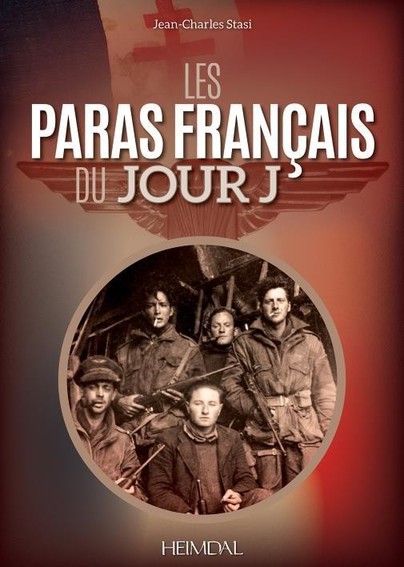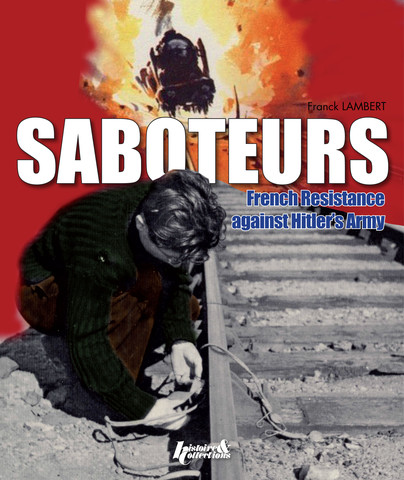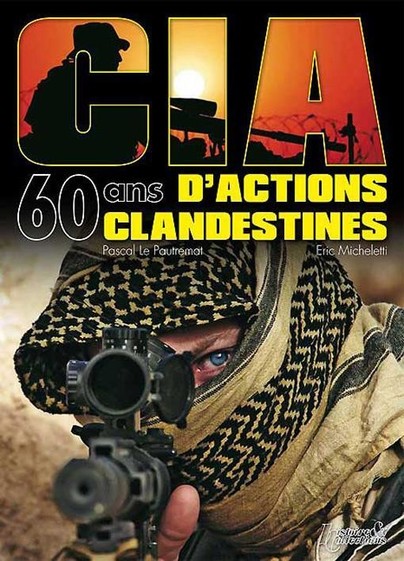Airborne assault was one of the great innovations of the 1930s and 1940s, adding a new ‘vertical’ dimension to infantry warfare. By the onset of World War II in 1939, Germany, Italy, and Russia were already advanced in their development of paratrooper units. Germany in particular demonstrated the tactical shock of paratroopers in Western Europe in 1940 and, most spectacularly, in Crete in 1941, galvanizing the UK and the United States to expand and train their own airborne forces, which they unleashed in 1943–45.
The Allied paratrooper drops on D-Day (6 June 1944) and those of Operation Market Garden (17–25 September 1944) were the stuff of legend, huge in scale and ambition, but both Allied and Axis paratroopers were deployed in numerous other actions, including special forces raids. It quickly became apparent that the physical and tactical demands placed upon paratroopers required men of exceptional stamina, courage and intelligence. To create these soldiers, levels of training were unusually punishing and protracted, and those who came through to take their ‘wings’ were a true elite. The Paratrooper Training Pocket Manual provides an unusually detailed insight into what it took to make a military paratrooper, and how he was then utilized in actions where expected survival might be measured in a matter of days. Using material from British, US, German archives and other primary sources, many never before published, the book explains paratrooper theory, training and practice in detail. The content includes details of the physical training, instruction in static-line parachute deployment, handling the various types of parachutes and harnesses, landing on dangerous terrain, small-arms handling, airborne deployment of heavier combat equipment, landing in hostile drop zones, tactics in the first minutes of landing, radio comms, and much more. Featuring original manual diagrams and illustrations, plus new introductory text explaining the history and context of airborne warfare, The Paratrooper Training Pocket Manual provides a detailed insight into the principles and practice of this unique type of combat soldier.











